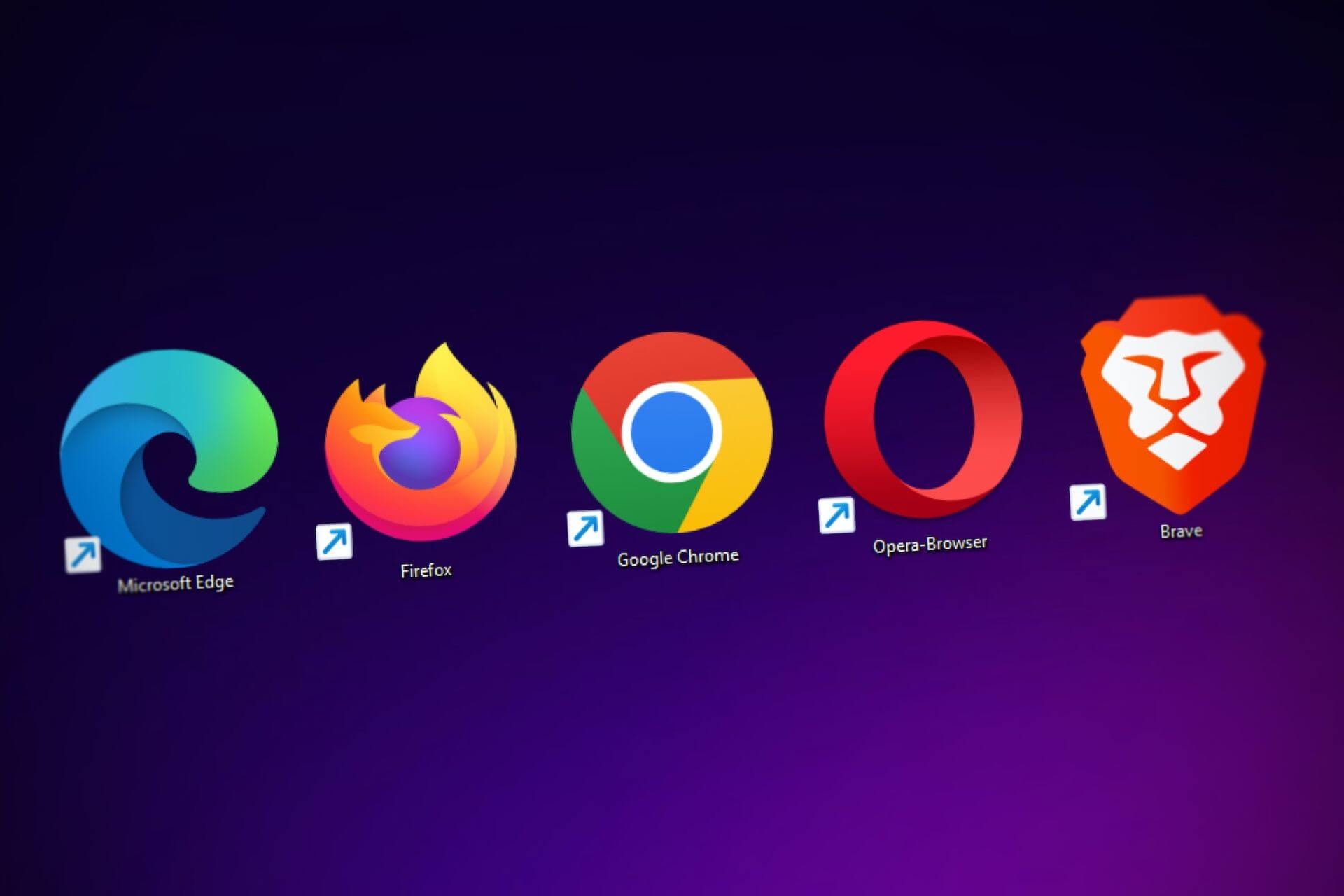
Coding for Kids: Tips for Teaching Coding in the Classroom
September 13, 2018 - Emily Newton
Revolutionized is reader-supported. When you buy through links on our site, we may earn an affiliate commision. Learn more here.
MySpace may have gone the way of the dodo, but all those coding skills we learned to make our profile pages look awesome are still useful today. One of the best ways to succeed in today’s world is to learn how to code — and the earlier our children can start learning how to code, the better. Why should kids learn to code, and what can teachers do to help encourage them to learn this skill?
Why Should Kids Learn to Code?
We spend so much time trying to get our kids to go out and play, teaching them to code might seem a bit counterintuitive. Yes, it’s a skill that requires them to sit inside in front of a computer, but it’s something that could help them succeed in the real world. We use technology as part of our daily lives, from the laptop we use at work to the cell phones in our pockets. We need people who can program those devices we take for granted every day.
Computer-oriented jobs are growing faster than any other industry in the world. In the U.S., experts have found they’re growing four times faster than any other industry — and we’ll have filled fewer than one-third of those jobs by 2020.Teaching kids to code, especially elementary-aged children, will improve their chances of success later in life — those coding-based jobs will continue to grow, and companies around the world are going to be looking to fill those jobs with the best and the brightest.
Coding also teaches problem-solving skills. Coding isn’t difficult, per se, but it does require a lot of puzzling and patience. Refer to this classic coding ballad:
99 little bugs in the code, 99 little bugs!
Take one down, patch it around…127 little bugs in the code…
Debugging completed code is a modern-day version of the Rubik’s Cube. It’s a puzzle only coders know how to solve — and those problem-solving skills aren’t just good for coding. They can be useful in everyday life, no matter what field these kids end up working in.
Coding For Kids (and Adults) Options Abound
If you’re not a coder yourself, how can you hope to teach kids to code? The answer lies on the Internet — specifically, websites designed specially to teach children to code. Sites like Code.org and CodeAcademy use games and fun animations to teach kids the basics of coding. Code.org even features video lectures from some of the biggest names in coding — like Mark Zuckerberg, the mind behind Facebook, and Bill Gates, the mind behind Microsoft.
Some schools are starting to include coding as part of their curriculum, which involves hiring trained coding teachers. Many of them focus on teaching coding to high schoolers, too, but starting in elementary school can help build a foundation that will serve these students well throughout their academic careers and out into the world once they graduate.
Even if you’re not a coding teacher, there are ways to include coding basics in your everyday lessons. You don’t need a computer for every student — there are plenty of “unplugged” lessons you can teach with just printable worksheets to give them the basics they can take later to the computer. There’s a reason most adult coding classes learn from a textbook — sometimes the most effective way to teach a lesson is to start with the basics. There are even games to help teach coding basics. Bloxels lets your students build a game on a plastic board, then transfer the game they’ve created onto a tablet where they can play it.
Robot Wars teaches basic Java programming in a fun way, with robot battles — the first team to eliminate the other team’s robots win. Code Masters is a fun single-player board game that teaches coding basics, as well as sequential reasoning and problem-solving skills. You don’t need a smart classroom to teach coding. Even if you only have time in the communal computer lab once a week, you can still help your students build a strong coding foundation.
Technology is Changing Society
Learning to code is more important than many people think. There are thousands of new jobs in this field opening up every year, and not nearly enough graduates to fill them. Teachers today can start creating the next generation of coders and programmers by starting them early. If your school doesn’t offer coding for kids, start talking to your curriculum director or others in charge and see what you can do to change that.
Even if your school board doesn’t have the budget to change things for the current school year, it can get the ball rolling for changes for the upcoming school years. If you’ve got some free time in your classes, consider adding some coding activities to your lessons, or buying some code-based board games for your students to play while you’re between lessons.
Elementary school students might be a few years away from picking their college major, but that doesn’t mean they’re too young to start learning the basics of coding. They might find they love writing in code so much they choose to do it for a living, or they might find trying to write code is like trying to learn an alien language. Either way, it’s a skill that will serve them well for years to come.
Revolutionized is reader-supported. When you buy through links on our site, we may earn an affiliate commision. Learn more here.
Author
Emily Newton
Emily Newton is a technology and industrial journalist and the Editor in Chief of Revolutionized. She manages the sites publishing schedule, SEO optimization and content strategy. Emily enjoys writing and researching articles about how technology is changing every industry. When she isn't working, Emily enjoys playing video games or curling up with a good book.




